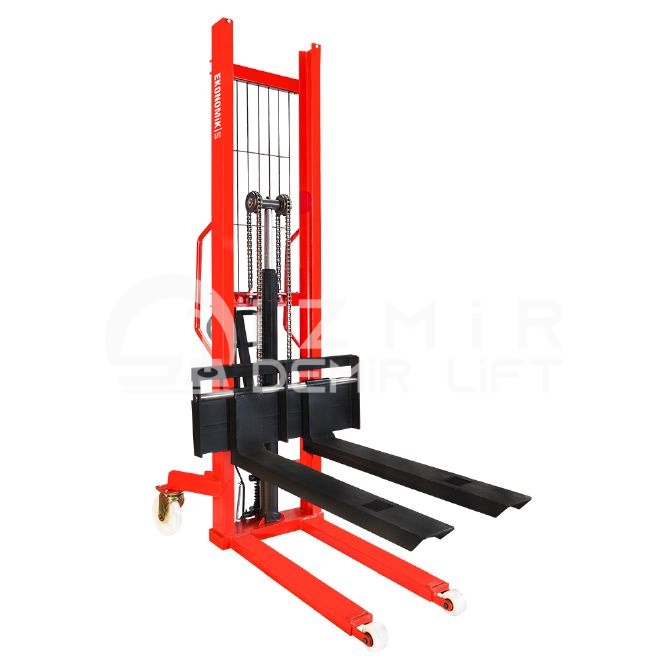
Business continuity refers to the ability of businesses to continue their operations in the event of any interruption, disaster or extraordinary situation. Business continuity planning is of great importance for forklifts and warehouse operations because any disruption or interruption that may occur in these areas can negatively affect the efficiency and profitability of the business. Here are the importance and basic steps of business continuity planning in forklifts and warehouse operations:
Risk Assessment:
The first step in business continuity planning is to evaluate potential risks and threats. Risks in warehouse operations may include situations such as fire, flood, natural disasters, equipment failures, and power outages. Identifying and prioritizing these risks forms the basis of the business continuity plan.
Creating Business Continuity Teams:
It is important to form a team for business continuity planning. This team can be a group consisting of representatives from different departments and is responsible for developing business continuity strategies, implementing and managing plans. Team members should receive business continuity training and be prepared for emergency scenarios.
Preparing the Business Continuity Plan:
The business continuity plan should include precautions to be taken against possible risks and steps to be taken in an emergency. This plan should cover how to act in cases where warehouse operations are interrupted, emergency communication methods, personnel safety measures and restarting operations. It is important that the plan is documented in writing and updated regularly.
Backup Equipment and Resources:
Business continuity planning should also include the availability of backup equipment and resources. For example, backups of critical equipment such as stackers should be provided and their regular maintenance should be carried out. In addition, emergency stocks should be created and kept in the warehouse for use when necessary.
Training and Awareness:
In order for the business continuity plan to be effective, it is important that all employees receive training and their awareness levels are high. Training should be organized for emergency scenarios, and personnel should be informed of emergency procedures and communication methods. In addition, the business continuity plan should be constantly reviewed and re-evaluated.
Business continuity planning is vital for stackers and warehouse operations. With this plan, businesses can act more resiliently and quickly in the face of unexpected situations. A business continuity plan ensures operational excellence for businesses while also increasing customer satisfaction and trust. Therefore, it is important for every business to create and regularly update a business continuity plan for their stacking machines and warehouse operations.